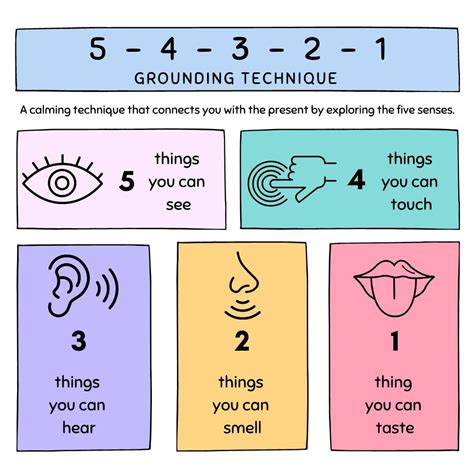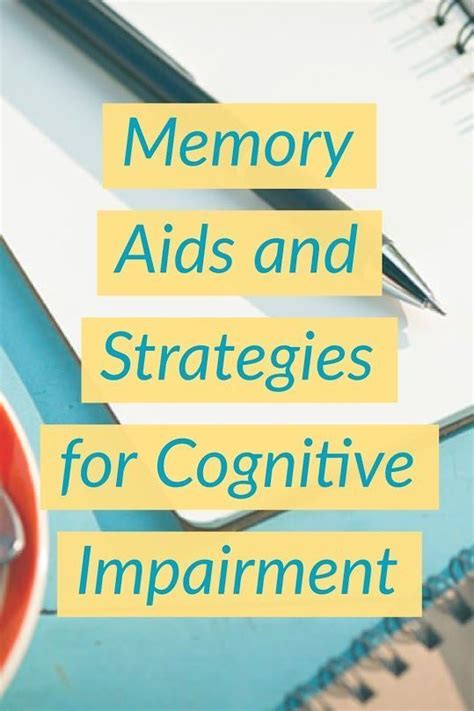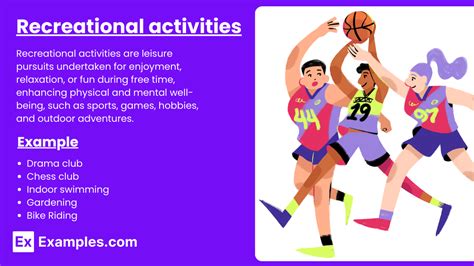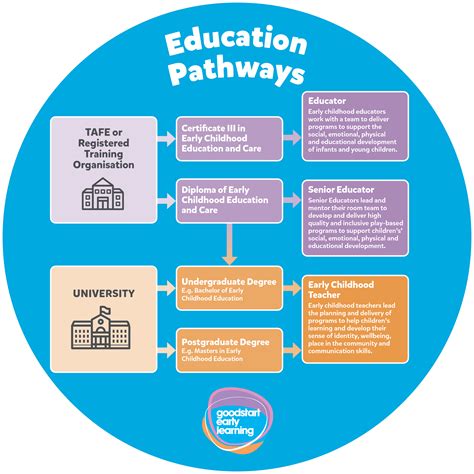Intro
Discover how occupational therapists improve daily lives with 7 life-changing strategies. From enhancing physical abilities to promoting mental well-being, OTs empower individuals to overcome daily challenges. Learn how occupational therapy can boost independence, self-care, and overall quality of life, helping people with disabilities, injuries, or mental health conditions thrive.
Occupational therapists play a vital role in helping individuals with physical, emotional, or cognitive disabilities to lead independent and fulfilling lives. Their expertise extends beyond just treating illnesses or injuries, as they focus on enabling people to participate in everyday activities that bring them joy and a sense of purpose. From children with developmental delays to adults recovering from stroke or injury, occupational therapists make a profound impact on their patients' daily lives.
By working closely with their clients, occupational therapists identify areas where they need assistance and develop personalized strategies to overcome these challenges. This holistic approach not only improves physical function but also enhances mental well-being, social interactions, and overall quality of life. In this article, we will explore seven ways occupational therapists improve daily lives, highlighting their dedication, creativity, and commitment to empowering individuals to reach their full potential.
1. Enhancing Motor Skills and Physical Function

Occupational therapists work with patients to improve their motor skills, strength, and flexibility, enabling them to perform daily tasks with greater ease and independence. Through a range of exercises, activities, and adaptive equipment, they help individuals develop the physical abilities necessary for self-care, mobility, and participation in leisure activities. For example, an occupational therapist might work with a child with cerebral palsy to improve their hand-eye coordination, enabling them to play with toys and interact with their environment more effectively.
Benefits of Enhanced Motor Skills
• Improved dexterity and coordination • Increased independence in daily activities • Enhanced participation in leisure activities • Better overall physical function and mobility
2. Developing Cognitive Strategies and Memory Aids

Occupational therapists help individuals with cognitive impairments, such as those resulting from traumatic brain injury or dementia, to develop strategies for improving memory, attention, and problem-solving skills. By using compensatory techniques, assistive technology, and environmental modifications, they enable patients to adapt to their cognitive limitations and maintain their independence. For instance, an occupational therapist might work with an individual with Alzheimer's disease to create a memory book, helping them to recall important information and maintain a sense of connection to their past.
Benefits of Cognitive Strategies and Memory Aids
• Improved memory and recall • Enhanced problem-solving skills and adaptability • Increased independence in daily activities • Better overall cognitive function and well-being
3. Fostering Social Participation and Relationships

Occupational therapists recognize the importance of social interaction in maintaining mental and emotional well-being. They work with patients to develop the skills necessary for building and maintaining relationships, participating in community activities, and engaging in social events. By promoting social participation, occupational therapists help individuals to develop a sense of belonging, reduce feelings of loneliness, and improve their overall quality of life. For example, an occupational therapist might work with a teenager with autism to develop social skills, such as initiating conversations and reading nonverbal cues, enabling them to form meaningful relationships with their peers.
Benefits of Social Participation and Relationships
• Improved social skills and relationships • Increased participation in community activities • Enhanced sense of belonging and connection • Better overall mental and emotional well-being
4. Enhancing Leisure and Recreational Activities

Occupational therapists believe that leisure and recreational activities are essential for maintaining a healthy work-life balance and promoting overall well-being. They work with patients to identify activities that bring them joy and help them to develop the skills necessary to participate in these activities. By promoting leisure and recreational activities, occupational therapists enable individuals to reduce stress, improve their mood, and enhance their overall quality of life. For example, an occupational therapist might work with an individual with a spinal cord injury to adapt their favorite hobby, such as painting or playing music, enabling them to maintain their creative pursuits and sense of purpose.
Benefits of Leisure and Recreational Activities
• Improved mood and reduced stress • Increased participation in leisure activities • Enhanced sense of purpose and fulfillment • Better overall quality of life
5. Promoting Health and Wellness

Occupational therapists play a vital role in promoting health and wellness by educating patients about healthy habits, stress management, and disease prevention. They work with individuals to develop personalized wellness plans, incorporating activities that promote physical and mental well-being. By promoting health and wellness, occupational therapists enable patients to reduce their risk of chronic diseases, improve their overall health, and enhance their quality of life. For example, an occupational therapist might work with an individual with diabetes to develop a wellness plan, incorporating exercise, nutrition, and stress management techniques, enabling them to manage their condition and reduce their risk of complications.
Benefits of Health and Wellness Promotion
• Improved overall health and well-being • Reduced risk of chronic diseases • Enhanced quality of life • Increased participation in health-promoting activities
6. Supporting Education and Career Development

Occupational therapists work with students and employees to develop the skills necessary for academic and professional success. They provide strategies for improving time management, organization, and study skills, enabling individuals to achieve their educational and career goals. By supporting education and career development, occupational therapists enable patients to increase their independence, build their confidence, and enhance their overall quality of life. For example, an occupational therapist might work with a high school student with ADHD to develop a study plan, incorporating strategies for improving focus and organization, enabling them to achieve their academic goals and pursue their desired career.
Benefits of Education and Career Development Support
• Improved academic and professional performance • Increased independence and confidence • Enhanced career opportunities and advancement • Better overall quality of life
7. Empowering Individuals and Families

Occupational therapists empower individuals and families by providing them with the knowledge, skills, and strategies necessary to overcome challenges and achieve their goals. They work collaboratively with patients and their families to develop personalized plans, incorporating activities that promote independence, self-advocacy, and overall well-being. By empowering individuals and families, occupational therapists enable them to take control of their lives, make informed decisions, and enhance their overall quality of life. For example, an occupational therapist might work with a family caring for a loved one with dementia, providing them with strategies for managing challenging behaviors, enabling them to maintain their loved one's independence and quality of life.
Benefits of Empowerment
• Increased independence and self-advocacy • Improved overall well-being and quality of life • Enhanced confidence and self-esteem • Better decision-making and problem-solving skills
In conclusion, occupational therapists play a vital role in improving daily lives by enhancing motor skills, developing cognitive strategies, fostering social participation, promoting health and wellness, supporting education and career development, and empowering individuals and families. By recognizing the importance of occupational therapy, we can better appreciate the impact that these dedicated professionals have on the lives of individuals with disabilities and their families.
We invite you to share your experiences with occupational therapy in the comments below. How has occupational therapy impacted your life or the life of a loved one? What strategies or activities have you found to be most helpful? By sharing your stories, we can raise awareness about the importance of occupational therapy and promote greater understanding and appreciation for this vital profession.
What is occupational therapy?
+Occupational therapy is a healthcare profession that helps individuals with physical, emotional, or cognitive disabilities to develop the skills necessary for daily living, work, and leisure activities.
What is the goal of occupational therapy?
+The goal of occupational therapy is to enable individuals to participate in activities that bring them joy, independence, and a sense of purpose, while promoting overall health and well-being.
Who can benefit from occupational therapy?
+Individuals of all ages and abilities can benefit from occupational therapy, including those with physical, emotional, or cognitive disabilities, as well as those recovering from injury or illness.
